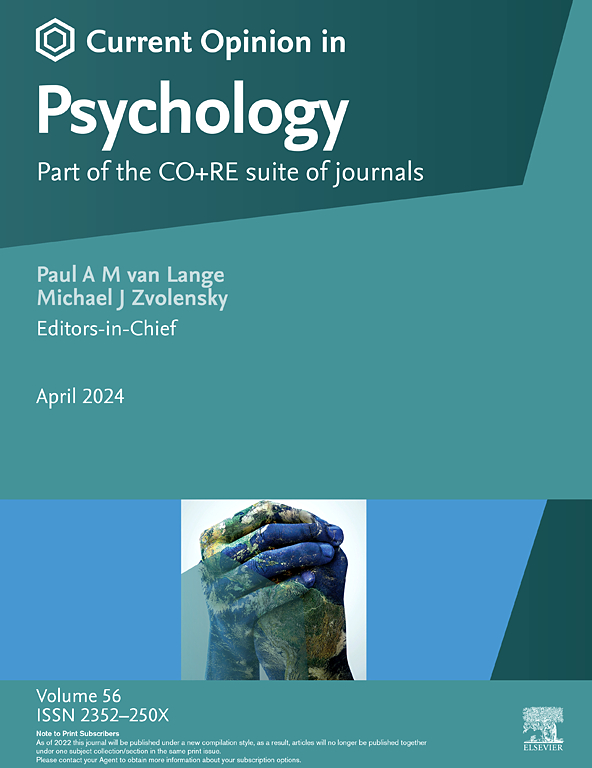Historical thinking: Trends, critiques, and future directions
IF 6.9
2区 心理学
Q1 PSYCHOLOGY, MULTIDISCIPLINARY
引用次数: 0
Abstract
Historical thinking, which is defined as the cognitive process of analyzing and interpreting historical evidence to construct, deconstruct, and reconstruct historical narratives about the past, is a central concept for teaching, learning, and researching history education around the world. In this article we discuss four popular historical thinking frameworks from England, the United States, Canada, and the Netherlands that have influenced teaching, learning, and researching history education globally. We also identify three general trends in historical thinking research over time: cognition and epistemology, historical literacy, and identity and socio-cultural influences. We also describe common disciplinary, epistemological, decolonial, and political critiques of historical thinking. We conclude by outlining potential future directions for historical thinking theory, research, and practice.
历史思维:趋势、批评和未来方向
历史思维被定义为分析和解释历史证据以构建、解构和重建关于过去的历史叙述的认知过程,是世界各地历史教育教学和研究的核心概念。在本文中,我们将讨论来自英国、美国、加拿大和荷兰的四种流行的历史思维框架,它们对全球历史教育的教学、学习和研究产生了影响。我们还确定了历史思维研究的三个总体趋势:认知和认识论,历史素养,身份和社会文化影响。我们还描述了对历史思维的共同学科、认识论、非殖民化和政治批判。最后,我们概述了历史思维理论、研究和实践的潜在未来方向。
本文章由计算机程序翻译,如有差异,请以英文原文为准。
求助全文
约1分钟内获得全文
求助全文
来源期刊

Current Opinion in Psychology
PSYCHOLOGY, MULTIDISCIPLINARY-
CiteScore
12.10
自引率
3.40%
发文量
293
审稿时长
53 days
期刊介绍:
Current Opinion in Psychology is part of the Current Opinion and Research (CO+RE) suite of journals and is a companion to the primary research, open access journal, Current Research in Ecological and Social Psychology. CO+RE journals leverage the Current Opinion legacy of editorial excellence, high-impact, and global reach to ensure they are a widely-read resource that is integral to scientists' workflows.
Current Opinion in Psychology is divided into themed sections, some of which may be reviewed on an annual basis if appropriate. The amount of space devoted to each section is related to its importance. The topics covered will include:
* Biological psychology
* Clinical psychology
* Cognitive psychology
* Community psychology
* Comparative psychology
* Developmental psychology
* Educational psychology
* Environmental psychology
* Evolutionary psychology
* Health psychology
* Neuropsychology
* Personality psychology
* Social psychology
 求助内容:
求助内容: 应助结果提醒方式:
应助结果提醒方式:


